Use Your Words
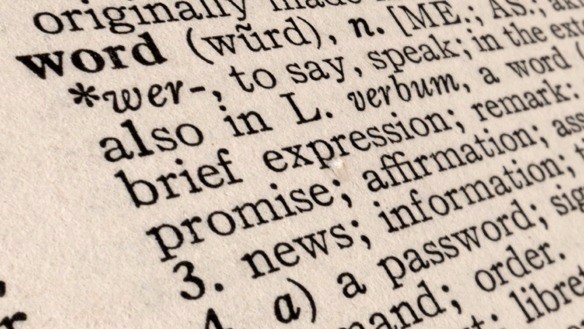
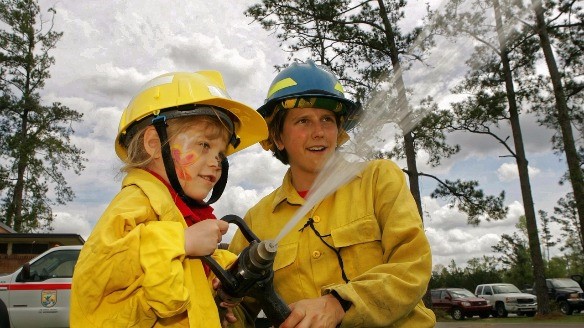
The Significance of Vocabulary for Robust Thinking
Vocabulary is the single best predictor of occupational success.
When every other variable is held constant,
the vocabulary skills you possess correlate with better and more satisfying careers.
This means that, although a person's vocabulary certainly will grow with new and more sophisticated life experiences as adults ( by being in situations in which they are in contact with a lot of new learning and, therefore, increased amounts of reading, followed by more precise conversations in general, all of which add to the vocabulary building process); a well grown vocabulary and the interests it awakens, is not the result of, but rather the cause of the happy and successful job placement to which vocabulary is correlated. Just by intentionally building your vocabulary - you grow your life opportunities. (as noted by Litemind).
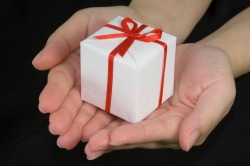
A great gift you can give your child and your family is a vibrant and accessible vocabulary. Play with words. Use them while spending time together. Intentionally, get children to meaningfully expand their working vocabulary (the words that they use comfortably and easily in everyday life).
The Gift will keep on giving - for generations to come.
A strong vocabulary opens your mind.
It helps you think new thoughts.
It invites you into the dialogue of new thoughts that are being thought
by other people in the culture about you.
Persons with limited vocabulary can easily miss a meaningful insight being spoken by another.
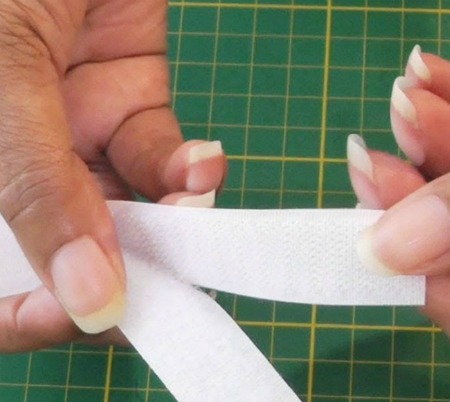
You can think of a good vocabulary to be like Thought Velcro - ideas and information that are spoken in big words stick to folk who have the ears to hear them - or, actually, the vocabulary to do so. Your vocabulary, in these instances, allows you to catch many thoughts that you might otherwise miss.
Sadly, the purpose of vocabulary is often reduced to having just enough familiarity to pass tests in school. Parents often have not been taught the true value of a great vocabulary. Some think of it as an unnecessary bit of vanity, merely a point of pride that does not serve any real purpose. They are greatly wrong. A strong vocabulary is both a powerful tool for expression (think paint brush) and a remarkable means of receiving (think good reception - when your phone is able to receive a call. Versus bad reception - when it can not receive what is being sent :)
Growing a capable vocabulary is a wonderful legacy (gift); the value of which will continue to increase as it is passed down to both your children and grandchildren and etc. ...
A tangible inheritance of great worth.
New Avenues of Thought
When you lack words, you shut down new insights and lines of reasoning. People who possess a limited vocabulary have a much tougher time breaking out from old patterns of thought or questioning.
|
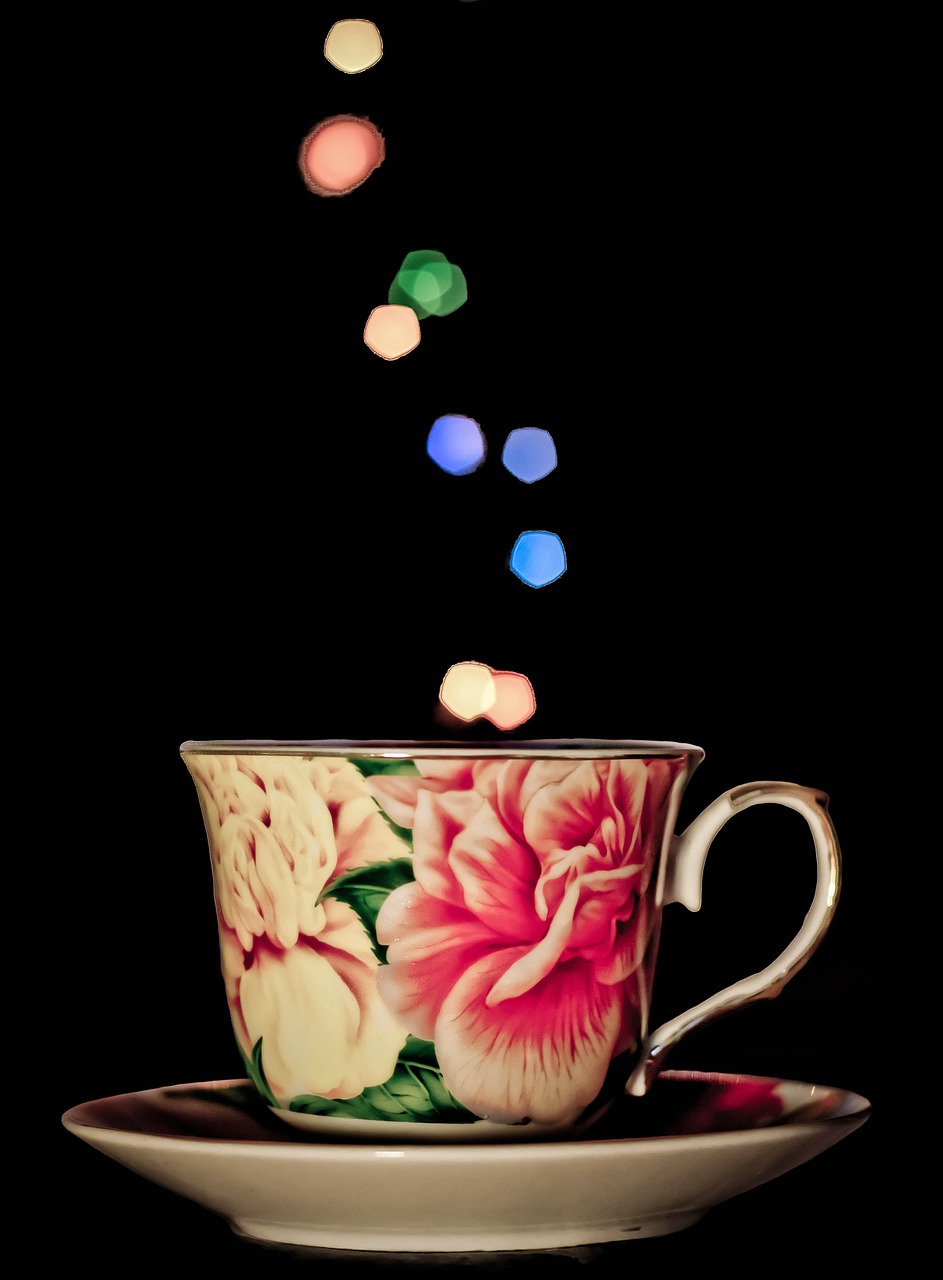 |
Thus, a robust vocabulary has much to do with human freedom and empowerment.
I love to teach young children big words.
I love, to later, see them bump into these well-learned words and watch their eyes grow wide with satisfaction. It is very pleasing to recognize a word you have learned in isolation, now being used in the world.
That is true for all meaningful learning. Shakespeare and art and theories...
When a child bumps into a thought that they have prior encountered, it brings them great confidence and a sense of importance.
Helping our children establish such landmarks is a gracious and wise practice. Their education will end up meaning more to them throughout their life, as well as growing both their ability and confidence in well-crafted thought.
Not all thoughts are equal by any measure.
We know this.
Growing a love of learning for the things that matter is not an easy task.
However, growing a strong, vigorous, well-utilized vocabulary is a wise way to begin:)
Strategies for Growing Vocabulary
♡Poetry Memorization
Poetry Memorization is a significant and fun way to learn new language skills prior to even fully understanding them. Children love to memorize - their brains are fully designed for it. Have fun memorizing thoughts and poems. Memorization ideas can be found here.
♡Use Your Words
A Program for Growing Vocabulary
Together as a Family
Use Your Words is a life-enhancing program that any family can utilize. Get a whole bunch of pennies or a whole bunch of nickles or a whole bunch of dimes. They all add up over time. Select which denomination works best for your family. Everyone has a jar with their name on it. Depending upon your children's ages you can use one word a week or two words a week. Find a word (or words) that is (are) fun. Practice saying each word. Say it enough out loud so everyone is comfortable saying it. (If anyone in your family has auditory processing challenges - they have a hard time breaking down a word into its sound parts. Go over the word syllable by syllable until it is easy for each person to say. If necessary, give them words to relate to each sound. If you are teaching a child the word "captivate" and you want your child to be confident in the recall of the word, you might say: "cap" as in a hat you put on your head. "ti" like the first sound in "Tim." "vate" it rhymes with "hate" or "fate." "cap-ti-vate." By breaking a word down in this manner, your child can store it in the correct sound parts.)

This is a game you can play from a very young age - or begin later. Or whenever. But once you begin, it will grow with the entire family.
Talk about the selected word(s) daily. Dinner or breakfast are great places for this activity. "Who can remember our family's Use Your Words word this week?" "Did anyone hear it used today?" For the first few days of the week keep growing confidence in everyone's usage of the word (or words). Talk about how it's used in everyday life. What are ways that books use this word? Think about funny ways the word might be used. Play with the word. Rhyming and singing. Take away its foreign-ness. Find an image that expresses its meaning. Then on the third day of the week everyone is to start using the word MEANINGFULLY outside of the family group discussion. Mom and Dad, Grandparents or whoever, should all be involved. Young children, actually, do this well. They find learning big words to be tremendously fun.
Everyone will try to use their target word/s at least once a day.
If you have taken on two words, then both are assigned.
When you gather together daily, everyone should try to recall their use of the word. When, where and why they used it that day.
Most importantly,
they should be able to tell why that word was meaningful and accurate
when they used it.
For each use of a meaningful word, a coin goes into the person's jar.
Although new words are added each week, a word is active for four weeks. This means that for four weeks that word can be used up to two times a day to get coins in one's jar. A word cannot be used more than two times a day, unless it was An Essential Usage moment. An Essential Usage is a situation for which that word was the obvious best choice in the moment. The user of An Essential Usage moment has to argue its validity to get more than two uses in their day. If they can persuade a majority vote, then they can get their additional payment.
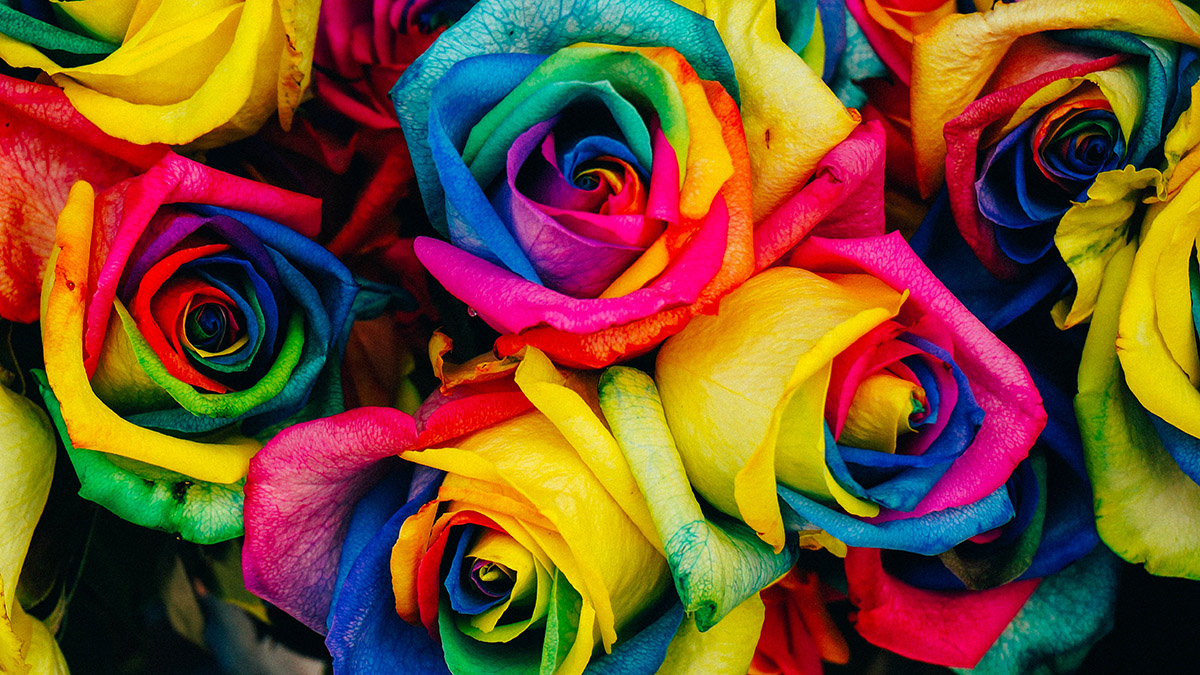 VIBRANT
VIBRANTThe meaning of the word(s) should be clarified each night, such that everyone is becoming completely comfortable with using their words. (Some children will need repeated reminders throughout the day to keep the words in their head. If multiple syllable words are difficult to remember, do not give up on them. Just repeat them all the more. You are helping build a wonderful resource in a gentle and effective way.)
An Example . . .
For our example, we will use the two words: captivating/captivated and blasé.
Before you present the word or words to your family make sure you, personally, actually have a confident grasp on each word's pronunciation and meaning. Captivating is easy. cap-tih-vay-ting (or cap-tih-vay-tid). Blasé on the other hand is a French word whose usage is a bit less common. It is like our word blah. It is pronounced blah-zay.

After initially clarifying the pronunciation and meaning, find a time to gather together daily. Then present your word (or words).
As stated above, make sure everyone is pronouncing both words correctly. Physically show the written word to everyone and its phonetic spelling (i.e. blah-zay). These visual cues are tremendously helpful to many for assisting with memory and recall.
Everyday of the initial use of the word show a visual of its written form, its phonetic form, and any picture that helps express its meaning. Also, briefly review the words meaning.
You want to build word confidence.
For older students, spend time further developing a full and clear understanding of the word's meaning. Vocabulary.com is an excellent tool for this. It often gives you a strong emotional connection by providing a bit about the word's history. Such connections provide additional tools for memory and recall. Verbal Workout provides meaningful sentences from famous literature. Unfortunately you cannot look up words directly on the site. You would need to run a search for "captivating verbalworkout" and then the search would return a link to the site that would be full of great usages from a wide variety of books.
Defining the Words and their Meaning
Captivated/Captivating . . .
Captivating is an interesting word. Like the word enthralled, its once negative meaning has turned positive. It is used in a manner that is opposite of its original Latin root. (Thrall is an old Norse word for slave. When a person is enthralled, they become a slave to the thing - but, happily, a slave to it - thus the opposite nature of its current meaning). So it is with captivating. One who is captivated is the one who has become intrigued by the thing. The thing has become captivating when one is captivated by it. They are both adjectives describing a situation.
Vocabulary.com gives us this information:
The adjective captivating describes something that's completely enthralling and holds your attention. You might find a marathon of episodes of a TV show so captivating that you forget to eat dinner.
When people are captivating, they're often very intelligent, attractive, charming, or otherwise fascinating. Something that catches and holds your interest is captivating, like a captivating mystery novel you just can't put down. In fact, this adjective comes from the Latin captivatus, "to take or capture," and early in its use, captivating had that literal meaning (to be captured). Now it's only used to mean capturing interest.
Use the adjective captivated to describe someone who is utterly charmed by something. A captivated student is enthralled by her teacher's history lesson, and a captivated audience is involved in every word spoken on stage during a play.
You can discuss the shift between these two meanings with older children. Who is someone you find captivating? What things captivate you? Why?
Her smile was captivating. I was captivated by her smile.
These two words are almost always used in reference to something positive. When captivated by something it is bringing me life, feeding my soul, expanding my thinking.
The young boy was absolutely captivated by his grandfather's brave tale of escaping from North Korea.
For younger children, simply select either captivated or captivating. But do discuss what it means for the word to be an adjective - which is what we call words that describe something. His captivating confidence. Her captivating smile. It is telling you something about his confidence and her smile.
Then you might look at a picture to help remember the word meaning of captivating:
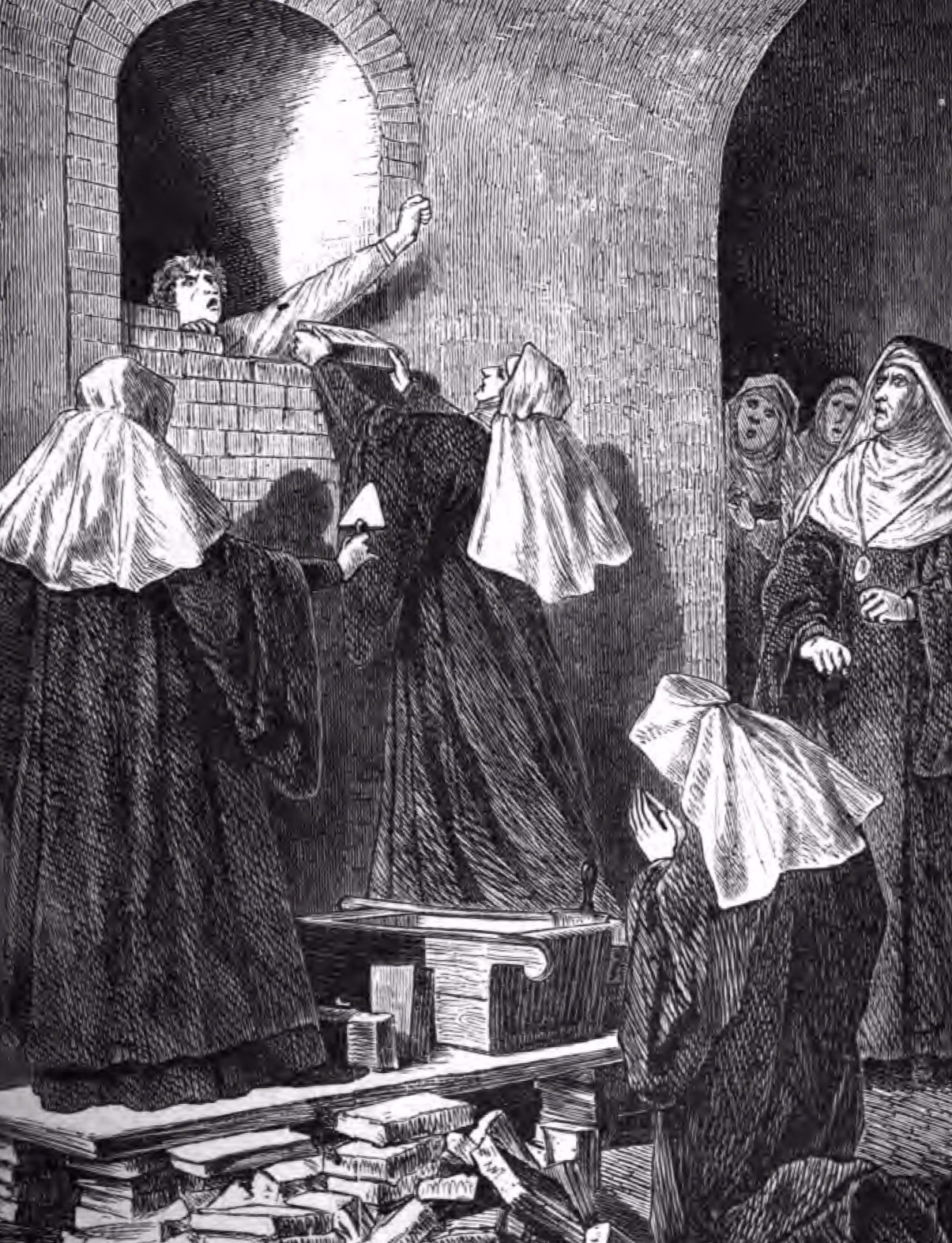
Remember: when we use the word today we use it in an entirely positive manner. It is something that is lovely and holds your attention in such a way that it is impossible to not think about it. The nun in this painting can think about nothing but her captivity - she is captivated. It is all that she can see. Someone who is captivating, holds us captive but by their talent and charm and larger than life-ness. (Not by bricks!)
Continue to clarify captivated and captivating throughout the week for older students. Confidence begets usage. And usage is our goal!!!
Also, look at how the word is used in literature. Good writers bring significant help in understanding how to use a word that you may not be familiar with:
- I remember a time when a magnificent blue sky, chirping birds, moonlight and budding blossoms wouldn't have captivated me. from the Diary of Anne Frank (verbalworkout.com)
- Smiling, blushing, limpid eyed, Anne tripped back and gave a quaint, funny little selection that captivated her audience still further. from Anne of Green Gables (verbalworkout.com)
- The song was as sweet as light shining through stained-glass windows, as captivating as the story in a book. from Tale of Despereaux
If you know about the Diary of Anne Frank, then you can discuss more the first sentence and why Anne might find herself more captivated by the every day beauty of creation.
In all three sentences, beauty and charm are portrayed as being able to hold the attention of those that look upon them.
Blasé . . .
The word blasé (blah-zay) is somewhat opposite of captivate, which makes it a good complement.
From vocabulary.com:
If the expected excitement and anticipation is missing, you are blasé. If you yawn on a roller coaster, then maybe you've had one too many rides and the whole experience has become blasé.
The adjective blasé, describes someone who is bored with the pleasures of life because of frequent indulgence or exposure. One is quite privileged to find himself feeling blasé about something that should interest him. It shows a bit of arrogance. When asked what she thought of the award ceremony, the actress yawned and replied, "It was blasé. It was just like the last 15 award ceremonies I had attended."
Discuss blasé as an adjective - it, too, is a word used to describe people and their attitude toward a particular situation.
Look at this image:
 a terribly blasé moment
a terribly blasé momentThis image of a couple at a fair made many people laugh. The man simply looks so miserable. He does not look interested in the ride at all. Blasé is a perfect word for his expression. There are a million other places he would rather be.
Sentences:
- I was like a many who, having been round the world, finds himself wholly blasé and proof against the marvelous. From A Journey to the Center of the Earth by Jules Verne
- The ice cream that had once delighted me had become blasé - not at all exciting.
NOTE: when you become blasé about something you are very much taking it for granted. Therefore, it is a word often associated with snobs. "Her blasé attitude told us she was bored with everything; in a way that only a person of privilege can be."
It is easy to think about blasé persons in literature and movies. Bored, snobby persons who take no interest in anything. We might want to say, "get over your blasé attitude and start to live instead!"
